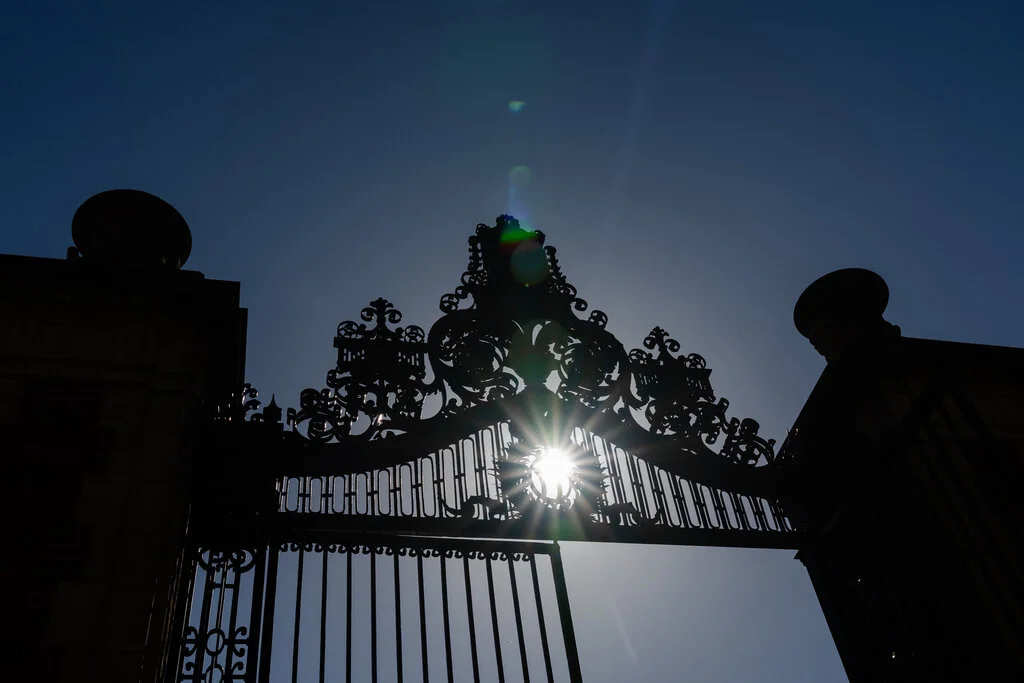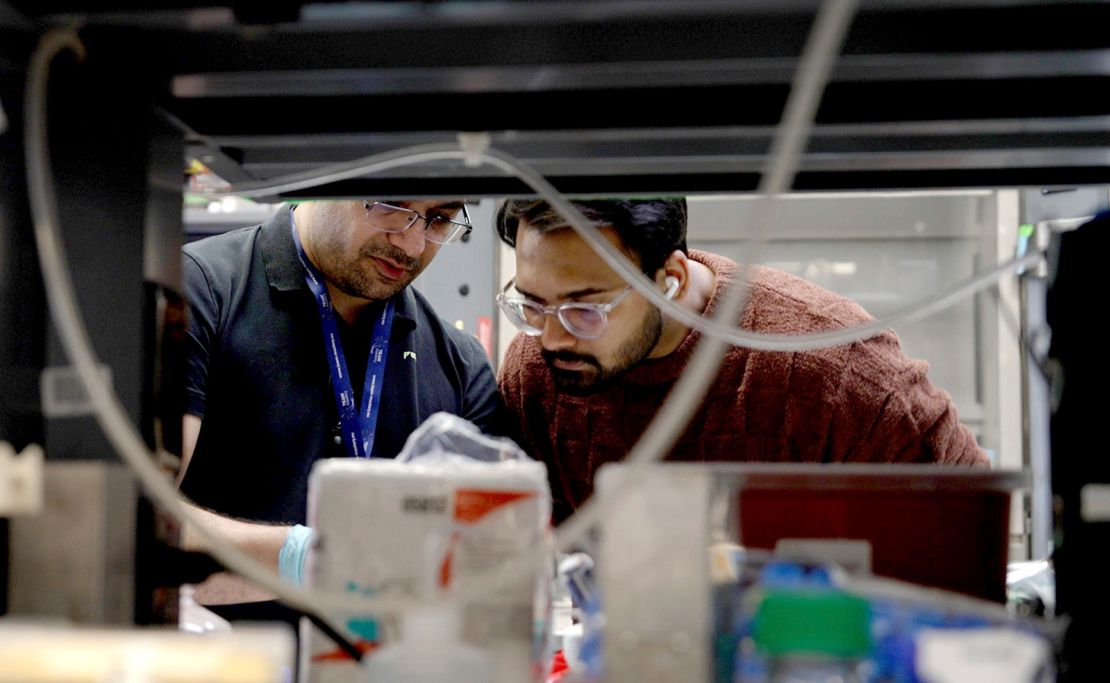
Trump’s Funding Offensive Against Elite Universities: A Showdown With Far-Reaching Economic Stakes
The battle between President Donald Trump and America’s top research universities has rapidly escalated into one of the most consequential and controversial clashes shaping the nation’s higher education and economic future. With the administration deploying billions of dollars in federal grants as leverage against institutions like Harvard, Columbia, Penn, and others, the stakes have never been higher—not just for campus governance but for cities, industries, and US competitiveness on the global stage.
It began with audacious White House proposals, like canceling Harvard’s $9 billion in federal contracts, signaling a broad campaign to root out "woke ideology" from higher education and respond to campus protests over Israel and antisemitism. Columbia University was first to capitulate after the administration held $400 million in grants hostage, prompting similar threats against Penn, Princeton, Brown, and others. Hundreds of Harvard faculty urged resistance, and leading economists confirmed the university’s massive endowment could weather even prolonged funding losses. Yet, as university leaders hesitated, questions over courage and priorities intensified, spotlighting the entrenched reluctance to tap into multibillion-dollar reserves meant for supporting academic excellence for generations.
Experts note that while endowments are often restricted, Harvard holds over $10 billion in unrestricted funds—enough to mount a legal fight and sustain operations if federal funding dries up. Former President Lawrence Summers observed, “ways can be found” to use the endowment in an emergency. However, university presidents, trained to build consensus and preserve long-term wealth, are loath to draw down reserves, even in the face of existential threats.

Yet this tug-of-war reaches well beyond academia. As a CNN analysis starkly illustrates, these elite research universities lie at the heart of America’s most economically dynamic regions—from Boston and New York to Silicon Valley and Austin. Nearly 35% of the nation’s economic output is generated by counties that host top research institutions, fueling not just local prosperity but national innovation pipelines in fields from biotechnology to artificial intelligence. Disrupting this engine with canceled grants and deportations of international students threatens not just individual campuses but the innovation ecosystems that have kept the US globally competitive for decades.

Community leaders such as Boston Mayor Michelle Wu and Madison, Wisconsin’s chamber president Zach Brandon warn of grave economic peril, calling the presidential drive against research funding a threat to "survival stakes" for American cities. “When you really think about making what’s next, inventing the future, that’s happening because of research at our world-class universities,” said Brandon, highlighting how employment, startups, and scientific advances all flow from university labs to local industries.
This policy offensive has not gone uncontested—Princeton’s leadership issued unambiguous defenses of academic freedom and pledged to counter federal coercion. But as split boards and interim presidents paralyze swift responses at Harvard and Columbia, the administration’s mix of threats and legal maneuvers sets a chilling example nationwide. Meanwhile, cuts to National Science Foundation and NIH grants risk hollowing out America’s basic research capacity, with former government support now being scaled back at a critical juncture in international tech rivalry, especially against China.

The outcome hinges on whether America’s elite universities will accept lasting damage to their financial base and academic freedom, or whether they will muster the will to defend the principles and innovation that have defined their existence. As the Trump administration’s pressure campaign continues, the country faces a potentially pivotal test with repercussions for higher education, the broader economy, and America’s global standing.
What do you think: Should universities deploy their endowments to preserve independence and research excellence, or are the risks just too high? We invite readers to share their perspectives below.